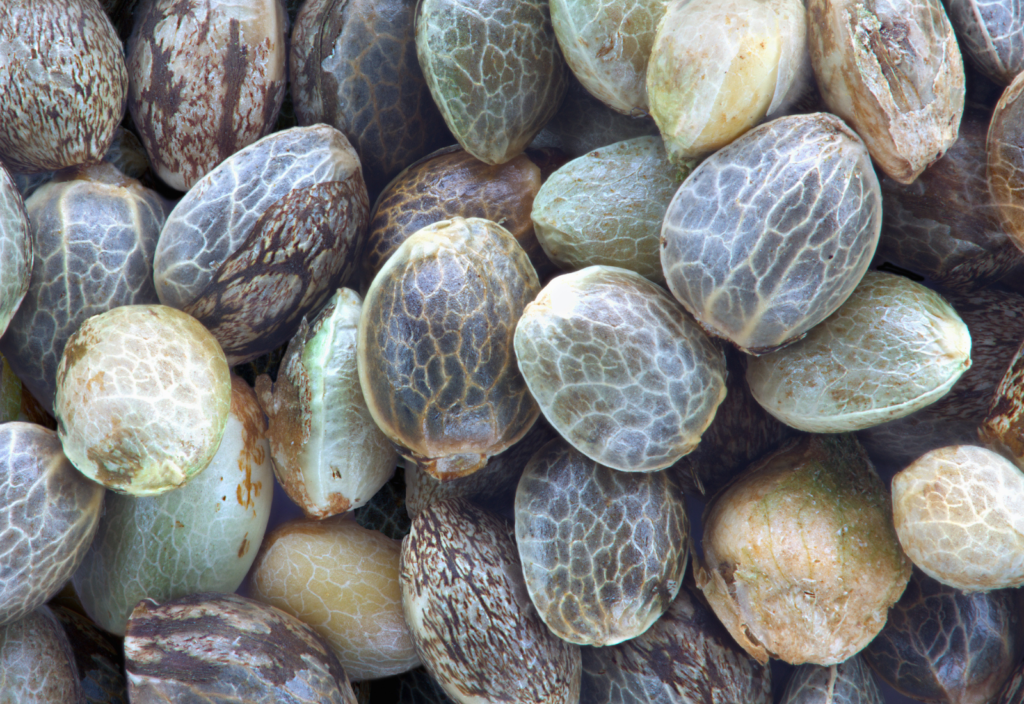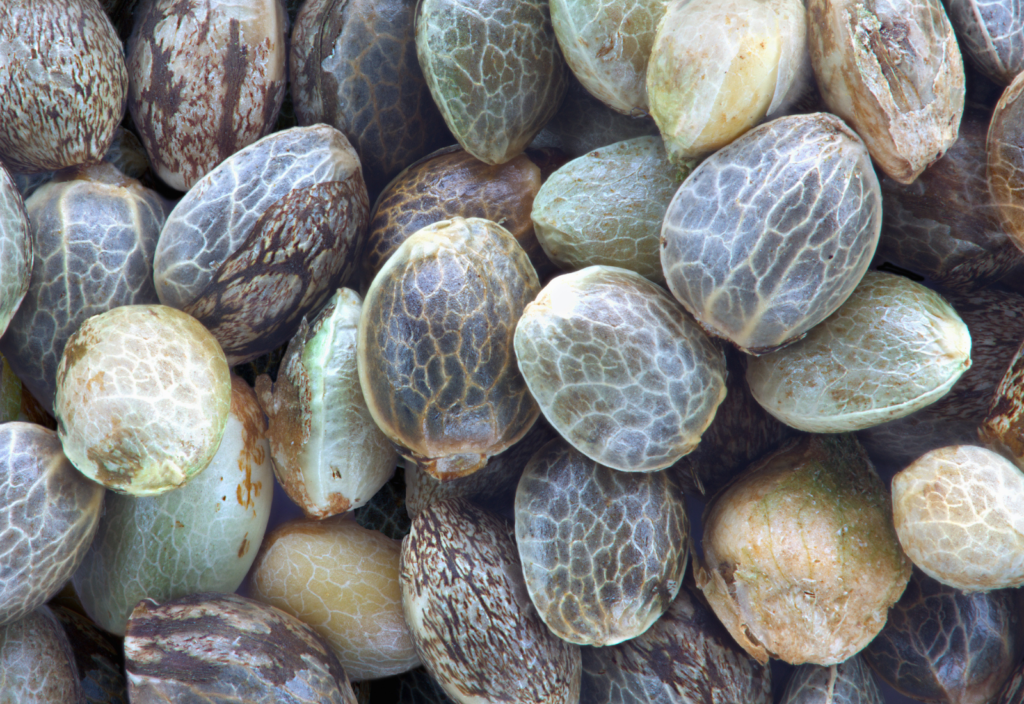
27 Jul FY22 Agriculture Appropriation Bill: A Good Omen for the Hemp Industry

On June 29, the House Appropriations Committee (the Committee) released the draft of the fiscal year 2022 Agriculture, Rural Development, Food and Drug Administration, and Related Agencies funding bill (the FY22 Agriculture Appropriations Bill), along with its Committee Report, in which it offers some promising provisions and instructions that would greatly benefit the hemp industry.
Here is an overview of the provisions found in the bill and the instructions incorporated in the Committee Report:
2014 Farm Bill Activity (Section 741)
The bill clarifies the legality of hemp cultivated, processed, transported, sold and turned into products in accordance with the 2014 Farm Bill by stating such hemp will remain lawful for commercial purposes after the 2014 Farm Bill expires.
2014 Farm Bill Extension (Section 766)
The bill proposes to extend the 2014 Farm Bill to January 1, 2023 – this deadline is currently set for January 1, 2022. This proposed extension is needed because the vast majority – 75% to be precise – of all licensed acres are regulated under a state program pursuant to the 2014 Farm Bill and implemented by states that either strongly object to the U.S. Department of Agriculture (USDA) final rule or face significant challenges to amend their regulations to align with those requirements. Affording state regulators additional time to transition the industry to the 2018 authorities should help reduce the negative impact the USDA final rule has had on the industry.
THC Limit Review
In its report, the Committee expresses its concern that the level of allowable THC content in hemp “may be arbitrary and pose a burden on hemp producers that is not supported by science.” Indeed, we’ve explained that this threshold dates back to 1976, when Canadian horticulturalists Ernest Small and Arthur Cronquist published an article entitled A Practical and Natural Taxonomy for Cannabis, in which the authors explained:
“It will be noted that we arbitrarily adopt a concentration of 0.3% delta-9 THC (dry-weight basis) in young, vigorous leaves of relatively mature plants as a guide to discriminating two classes of plants.”
In an attempt to remedy this issue, the Committee directs the USDA, the U.S. Department of Health and Human Services (HHS) and the Drug Enforcement Administration (DEA) “to study and report to Congress on whether there is scientific basis for the current limit of .3% THC in hemp and suggest alternative levels if necessary.”
Entry for Communities of Color
The Committee also expresses concern regarding the drug felony ban imposed by the 2018 Farm Bill, which disproportionately impacts communities of color, and thus, creates a barrier of entry in the industry for these populations that have been targeted by drug policies. Accordingly, the Committee directs the USDA to identify those barriers of entry and to make recommendations on how to ensure communities of color gain equal access and opportunity to engage in this emerging market.
Hemp Extract Regulation
The Committee Report also addresses the regulatory inconsistencies for the production of hemp that exist between the USDA final rule and the DEA interim final rule. In its report, the Committee states that “Congress intentionally expanded the definition of hemp to include derivatives, extracts and cannabinoids in an effort to avoid the criminalization of hemp processing” and that it understands that in-process hemp extract may temporarily exceed the 0.3% THC threshold before being packaged and sold as a finished product. Given this, the Committee directs the USDA to coordinate directly with the DEA to present the industry with guidance and information on in-process extracted material.
__
As these proposed revisions and instructions suggest, the Committee seems determined to establish a statutory and regulatory framework that ensures the hemp industry’s success. And for that, we applaud its members.


Sorry, the comment form is closed at this time.